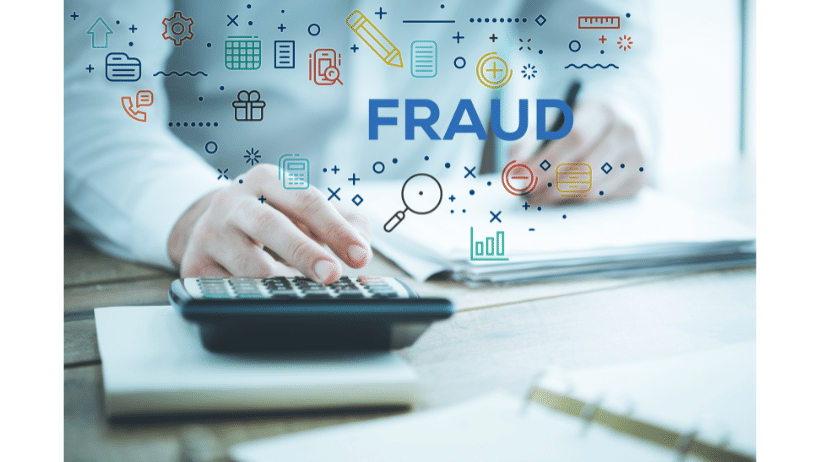 In most states, including Pennsylvania, almost all employers are required to carry Workers’ Compensation (WC) Insurance. WC helps cover lost wages, health care expenses, disability payments, death benefits, and permanent injury payments (such as the loss of a body part) when an employee suffers a work-related injury or disease. It also helps protect your business against lawsuits related to the injury.
In most states, including Pennsylvania, almost all employers are required to carry Workers’ Compensation (WC) Insurance. WC helps cover lost wages, health care expenses, disability payments, death benefits, and permanent injury payments (such as the loss of a body part) when an employee suffers a work-related injury or disease. It also helps protect your business against lawsuits related to the injury.
How is Your WC Premium Calculated?
Your Workers’ Compensation premium is based on the following calculation:
WC Premium = Classification Code Rate X Experience Modifier X payroll/$100.
Your experience modifier compares the history of your losses to what is typically expected in a class similar to your company. It is based on the following:
- Number of Claims
- Cost of Claims
- Frequency of Claims
- Severity of Claims
- Closed vs. Open Claims
- Claims History of other businesses in your industry
- Years in business
- Number of employees
- State minimums
The lower your experience modifier, the lower your premiums. Unfortunately, WC fraud, waste, and abuse can raise your experience modifier and increase your WC premiums. In fact, the Insurance Information Institute reports, “workers’ compensation insurance fraud alone costs insurers and employers $30 billion a year.”
What is WC Fraud, Waste, and Abuse?
The first step to minimizing WC fraud, waste, and abuse is the ability to recognize each.
- Fraud – According to the PA Department of Labor & Industry, “An employee commits fraud by knowingly and intentionally receiving wages while collecting total disability benefits or receiving partial disability benefits in excess of the amount permitted while receiving wages.” Examples include faking an injury, inflating an injury, and reporting an injury that happened off the job. Employers and medical providers can also engage in fraudulent WC activities.
- Waste – WC waste occurs when an injured employee overutilizes WC benefits. An example of WC waste is an employee who injures their back on the job and continues to see a chiropractor after full recovery.
- Abuse – WC abuse occurs when an employee who is injured on the job expands their symptoms to receive additional benefits. For example, an injured employee may falsely report symptoms to prevent them from participating in a return-to-work program.
Signs of Possible WC Fraud, Waste, and Abuse
There are a few common signs of WC fraud, waste, and abuse that you can watch out for:
- No witnesses to an incident
- Conflicting diagnoses
- Refusing treatment
- Not reporting injury immediately
- Inconsistent or suspicious recount of the injury
- A history of WC claims
- A history of frequently changing physicians, jobs, and addresses
- An injury that occurs right after a weekend, strike, or holiday
- The inability to reach an injured employee
- A post-termination claim
- Pre-existing medical conditions
- Financial problems
- An unwillingness to cooperate in the injury investigation
11 Tips to Prevent WC Fraud, Waste, and Abuse
Industrial Safety & Hygiene News offers the following tips to “keep claims above board”:
- Create a fraud-free work environment by having a strong policy against fraud.
- Establish a culture of safety.
- Hold regular safety meetings.
- Institute sound hiring procedures by screening potential employees.
- Communicate regularly with injured employees.
- Follow proper WC reporting and investigating procedures.
- Educate employees on WC fraud, waste, and abuse and their consequences.
- Make it easy to report injuries
- Use surveillance equipment
- Implement a drug testing policy
- Choose credible medical providers that have WC experience.
Lower Your Workers Compensation Insurance Premiums:
In addition to preventing WC fraud, waste, and abuse, another way to lower Workers’ Compensation Premiums is to work with one of the experienced independent agents at American Insuring Group. Our independence gives us the freedom to shop the market to find the right insurance to meet your specific needs at the best price.
Call American Insuring Group today at (800) 947-1270 or (610) 775-3848, or connect with us online.







